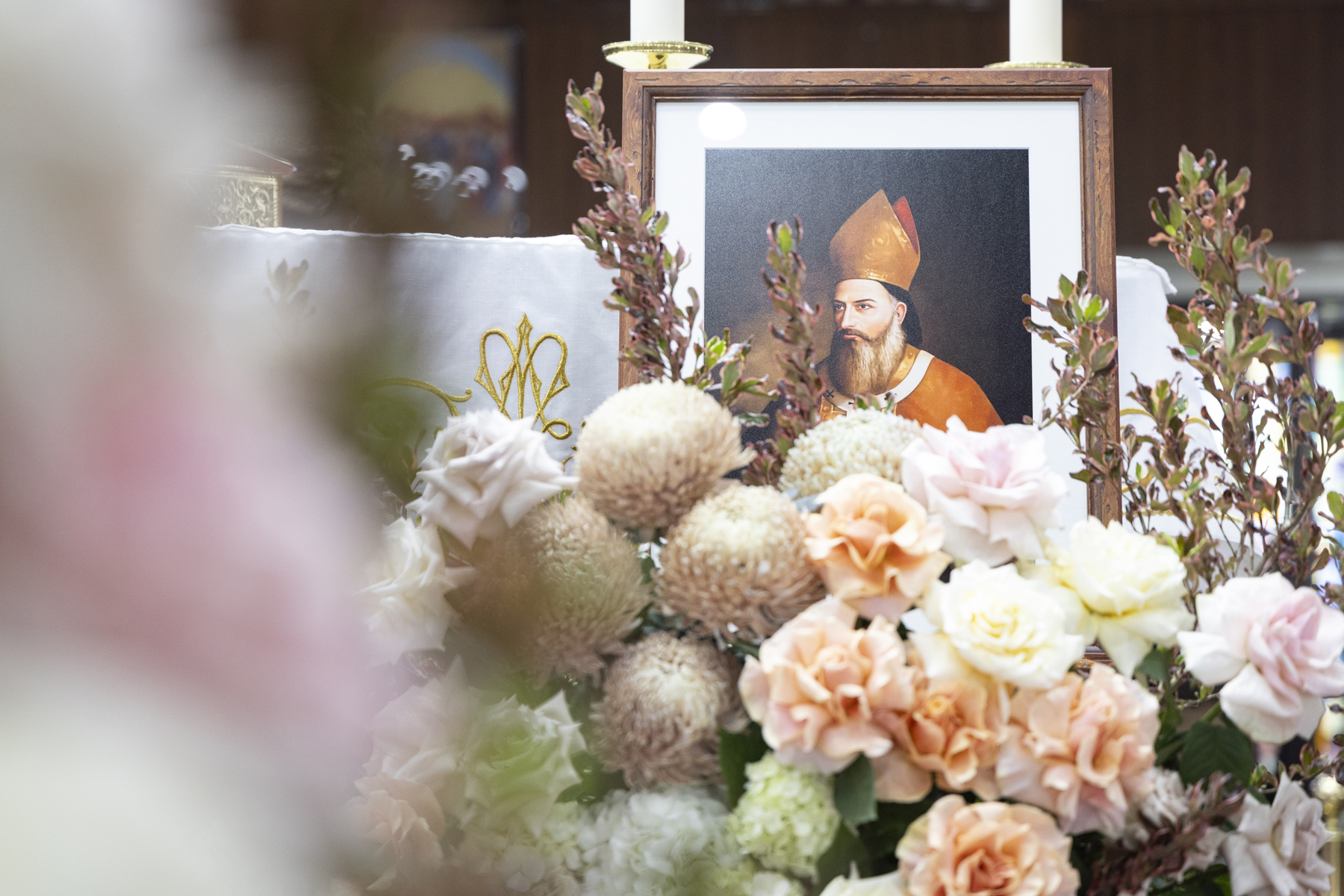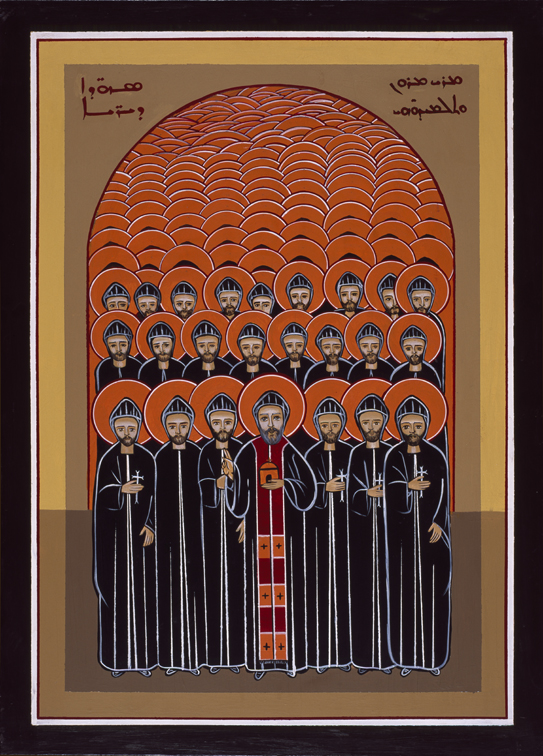In December, we begin to think about Christmas, although shopping centres begin a marketing campaign as early as October. Preparation is not about focussing on presents to be purchased and food to be made, but a time to prepare our hearts for the Word of God.
In the Roman Catholic Church, Advent is a four-week cycle preparing for the birth of Jesus. It commences in December. However, in the Maronite Church, preparation stretches over 7 Sundays. The Maronite Lectionary dedicates each Sunday, to the events leading up to Jesus’ birth. It is not called Advent but the Season of the Glorious Birth of Our Lord.
Commencing mid-November we recall the Gospel accounts including:
- Announcement to Zechariah (Lk 1:1-25)
- Announcement to Mary (Lk 1:26-38)
- Visitation of Mary (Lk 1:39-45)
- Birth of John the Baptist (Lk 1:57-66)
- Revelation to Joseph (Mt 1:18-25)
- Genealogy of Jesus (Mt 1:1-17)
- Birth of the Lord (Lk 2:1-20)
The Season of the Birth of Our Lord is the first in the Maronite Liturgical year which is a one-year cycle, unlike the three-year Roman Catholic Liturgical cycle.
Prior to the Season of the Birth of Our Lord, the Maronite Liturgical year begins with two weeks dedicated to the Church. There are years where these are combined into one week, depending on when the first Sunday in November falls. The two Sundays are referred to as:
- The Consecration of the Church (Mt 16:13-20)
- Renewal of the Church (Jn 10:22-42)
The importance of the Church goes so far, as we the people are working towards holiness and being constantly open to the Holy Spirit working within and among us. These two Sundays are preparation for the year ahead when we recall the birth, life, death, and resurrection of Jesus.
This Sunday in our Maronite lectionary coincides with the Sunday of the Birth of John the Baptist. Here we draw similarities to the Roman Catholic Lectionary which places emphasis on Advent Sunday passages that focus on John the Baptist. In Advent Year C, we read:
- First Sunday of Advent: The coming of the Son of Man (Lk 21:25-36)
- Second Sunday of Advent: Proclamation of John the Baptist (Lk 3:1-6)
- Third Sunday of Advent: Proclamation of John the Baptist (Lk 3:7-18)
- Fourth Sunday of Advent: Mary visits Elizabeth (Lk 1:39-45)
Why the focus on John the Baptist? In the Gospel of John, we read ‘came as a witness to testify to the light’ (Jn 1:7) and the Baptist says of himself, I am ‘the voice of one crying out in the wilderness: prepare the way of the Lord’ (Mt 3:3).
The coming of God in human flesh was a cosmological shift in time. People needed to be prepared for the coming of God as human. The Maronite Mass picks up this theme in its Prayer of Forgiveness, in the Sunday of the Birth of John the Baptist:
‘You are the covenant linking the two covenants, for you brought the old covenant to an end and began the new.’
The Old Testament with its bigger than life prophetic figures, such as Abraham, Moses, Jeremiah, ends with John the Baptist, who ushers in a new era, that of Christ. John the Baptist is the last of the prophets, for God will now come among us.
Today the Baptist is the perfect model for us. In an ever-changing, unsure world, he reminds us to prepare ourselves for whatever may come. The invitation is to hold onto the past but embrace the new future.
Perhaps this Christmas we can become like John the Baptist, proclaiming the Good News of God in a world that desperately needs a light of hope. This is most poignant for Maronites in Lebanon who indeed have lived through dark times and now await the light of hope this Christmas.




